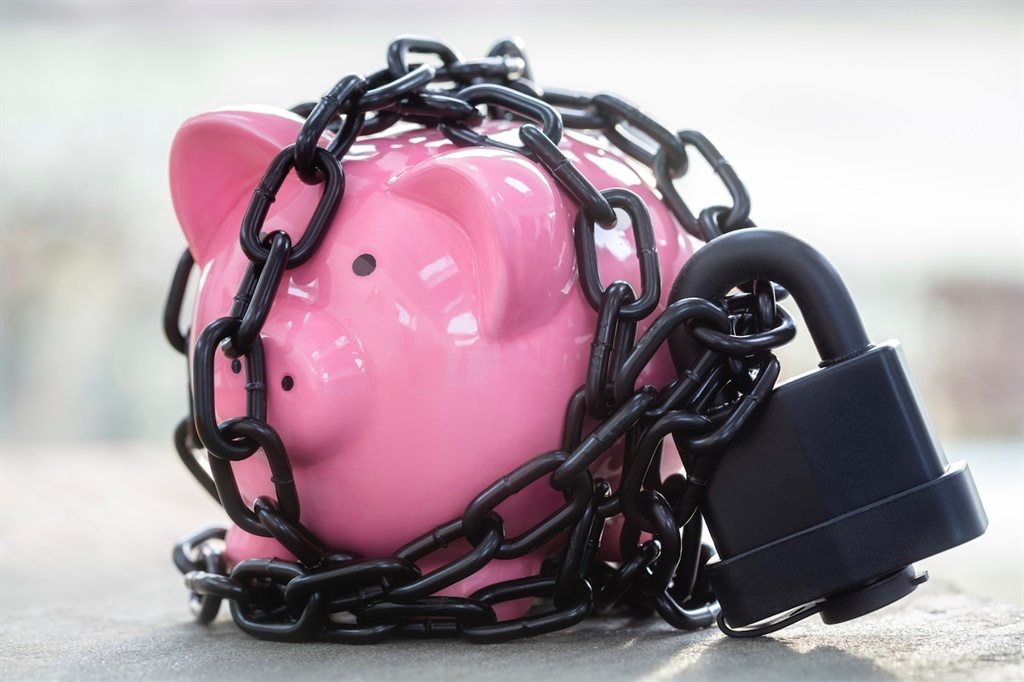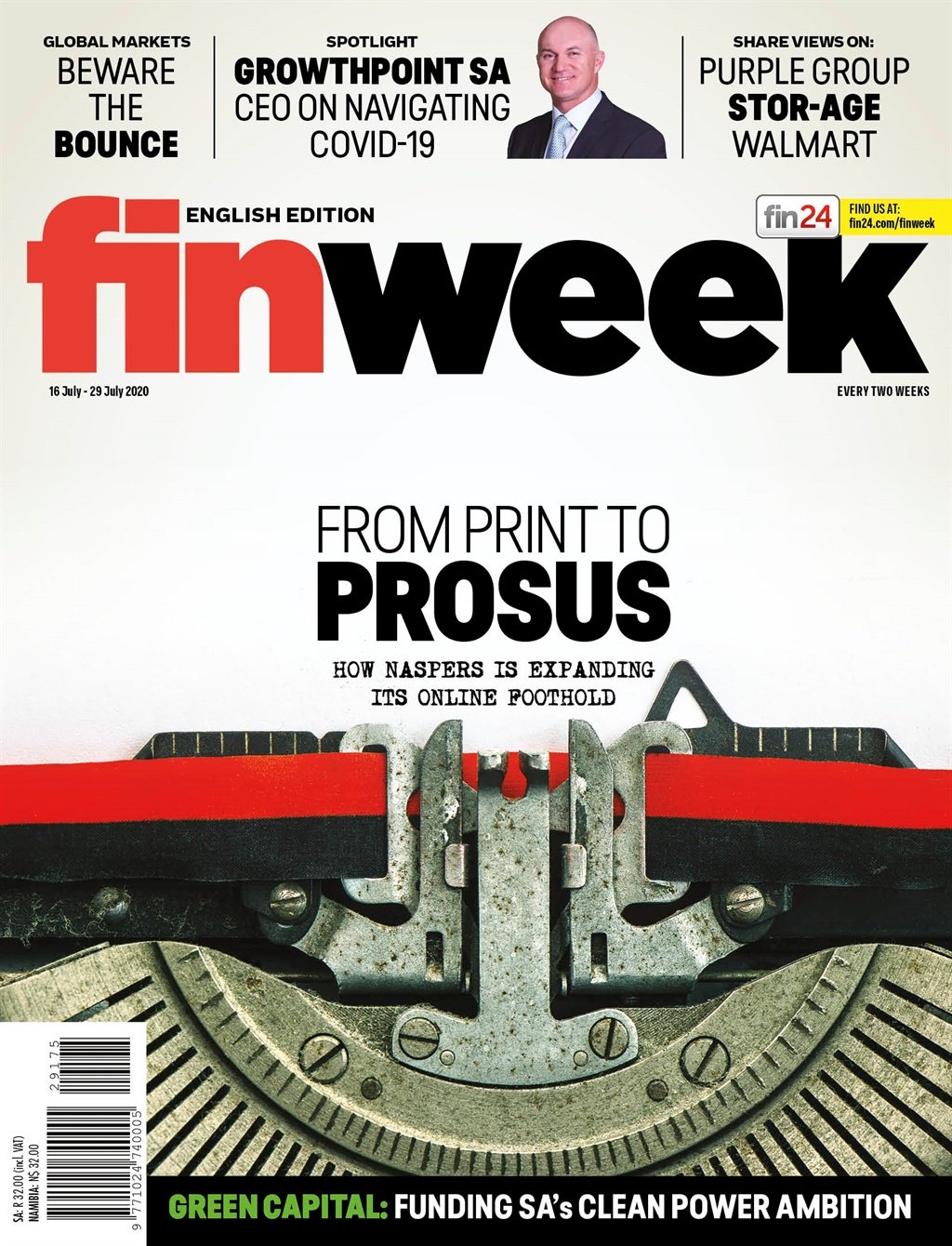
Establishing an emergency fund and contributing to it should be seen as a goal independent of your other savings.
One of the most fascinating animals I have come across in my life is the northern short-tailed shrew. It must be one of the cutest little animals to walk the planet. It’s not its looks that make it so fascinating, but rather its “saving habits”, or more specifically, its “emergency fund”.
Its primary food source is insect larvae, but what I didn’t know, is that its saliva contains a type of venom that paralyses its prey. This
venom makes the prey comatose, after which it drags it to its nest
to feed on later. Because the shrew doesn’t know if its current circumstances will continue to guarantee the availability of food in the near future, it can keep the
sedated prey alive for days, and even weeks, if
required. If the prey wakes up before the shrew is ready to eat it, it simply bites it again to put it
back to sleep.
As human beings, we are facing the same uncertainty, and I would like to emphasise the word uncertainty, as Covid-19 is the of the type of uncertainty I am referring to. While many people have lost their jobs, there are also countless others who are still employed, but due to current circumstances, they are either only earning a fraction of their usual salary, or no salary at all.
Yes, emergency measures have been put in place in the form of the UIF’s Temporary Employer-Employee Relief Scheme during Covid-19, and in the form of standard UIF outside the scope of Covid-19, but the chances of these individuals actually earning their full usual salary – even with such measures in place – are fairly slim.
Unlike the shrew’s method of preservation, luckily, we don’t have to make use of venom to protect ourselves against uncertainty.
How are these funds invested?
Cash related to an emergency fund is usually placed in a savings account, or in a money market-linked account at a bank. It is imperative that these funds are protected against market volatility, and they should(preferably) be available at short notice, which makes the above mentioned products ideal for this purpose. Growth is earned in the form of interest and your capital is protected against market volatility. It is important to note that interest rates between different banks and between different products differ.
While a fixed deposit account or a notice deposit account may offer you a higher interest rate, these products may not necessarily be the best vehicle to use for your emergency fund. The funds won’t be accessible on short notice without paying additional penalties for the early release of such funds before its maturity date, which in turn may have a negative impact on the growth earned. Be sure to compare the same type of product from various banks or investment companies.
How do I get started?
Not unlike the shrew’s prey, an emergency fund is something that needs to stay “alive”. It must be monitored and revised on a regular basis to ensure that it keeps up with your circumstances and stays that way. Probably the first and most important step is to compile a comprehensive budget outlining your monthly income and expenses. This will give you an indication of your spending habits and will help you to cut back on unnecessary spending. Once you can see your expenses on paper, you will be able to calculate how much you will need for your emergency fund.
Also consider price increases. If you are starting with this process relatively late in the year, consider that medical aid contributions and electricity costs, for example, increase annually, and that your municipal accounts may vary from month to month, depending on factors such as water consumption and electricity use. Not unlike a comprehensive financial plan, your “paralysed prey”, or emergency fund, must be monitored and adjusted to compensate for any unexpected shortages that may occur in the future.
The next step would be to determine how you will be funding your emergency fund. If you already have the capital available, the process is relatively simple in that you invest it in the product you have chosen. If you don’t have the capital readily available, you will have to work this into your budget through regular contributions. Do not underestimate the importance of an emergency fund.
This fund shouldn’t be an investment into which you simply dump whatever’s left of your income at the end of the month. Rather set up a debit order or a regular withdrawal from your bank account if you can, so that a fixed amount can be allocated to your emergency fund every month. Of course you can also transfer any surplus you might have at the end of the month to your emergency fund to get to your initial target quicker, but only if such contributions are made in addition to your fixed monthly contributions, and are not the primary source of funding for your emergency fund.
It is extremely important that you understand that an emergency fund forms part of a comprehensive financial plan. It is an investment goal in its own right and shouldn’t be confused or combined with any other investment saving goals, such as saving for an overseas holiday, retirement or a new car. If you feel overwhelmed, however, or cannot see any room for saving towards an emergency fund in your current budget, it is always advisable to consult a professional who can assess your financial situation holistically to assist you.




 Publications
Publications
 Partners
Partners












